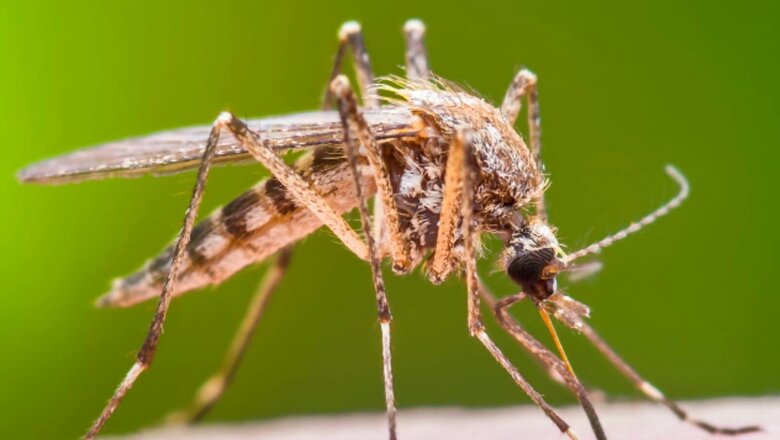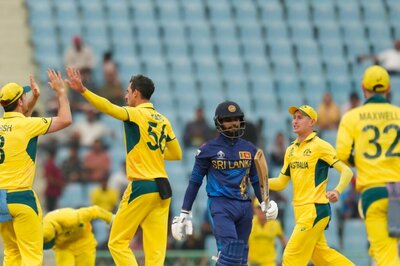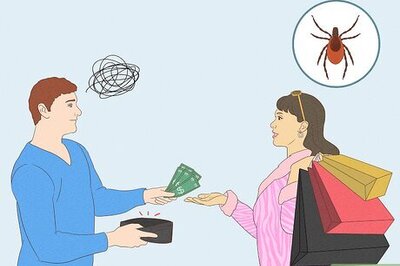
views
Following reports of a four-year-old boy in Pune being diagnosed with Japanese Encephalitis (JE), Maharashtra health authorities have launched a precautionary measure that comprises an eco-epidemiological survey in Wadgaonsheri, where the case was first detected. The disease, caused by the Japanese encephalitis virus (JEV), is spread by mosquitoes. It is a flavivirus linked to dengue, West Nile virus, and yellow fever. The JEV is the leading cause of viral encephalitis in several Asian nations. The transmission of the disease intensified during the rainy season, as mosquito populations see a boost around this time.
There are nearly 68,000 clinical cases of JE across the globe each year. Symptomatic JE is rare. However, when serious symptoms do appear, they include rapid onset high fever, stiffness in the neck, disorientation, seizures, and even coma and spastic paralysis. According to World Health Organisation (WHO), The case-fatality rate can be as high as 30 per cent among those with disease symptoms. Between 30 to 50 per cent of people who contract encephalitis suffer permanent neurologic or psychiatric sequelae. Among survivors, 20 to 30 per cent face permanent intellectual, behavioural or neurological sequelae such as recurrent seizures, paralysis, or inability to speak.
There is no known cure for JE. Its treatment is primarily focused on alleviating severe clinical signs and helping the patient overcome the infection. Prevention is possible with safe and effective vaccines.
Currently, there are four main types of JE vaccines in use. These include inactivated Vero cell-derived vaccines, inactivated mouse brain-derived vaccines, live attenuated vaccines, and live recombinant (chimeric) vaccines. In India, the JE vaccine is given in two doses during childhood. The first dose is administered when the child is between 9 months to a year old. The second shot is given when the child is 16 months to 2 years old. The vaccine can also be given to the elderly.
Apart from immunity-building vaccination, encephalitis can also be prevented through the use of mosquito nets and repellents and by ensuring there is no stagnant water for mosquitoes to breed.
Read all the Latest Lifestyle News here



















Comments
0 comment